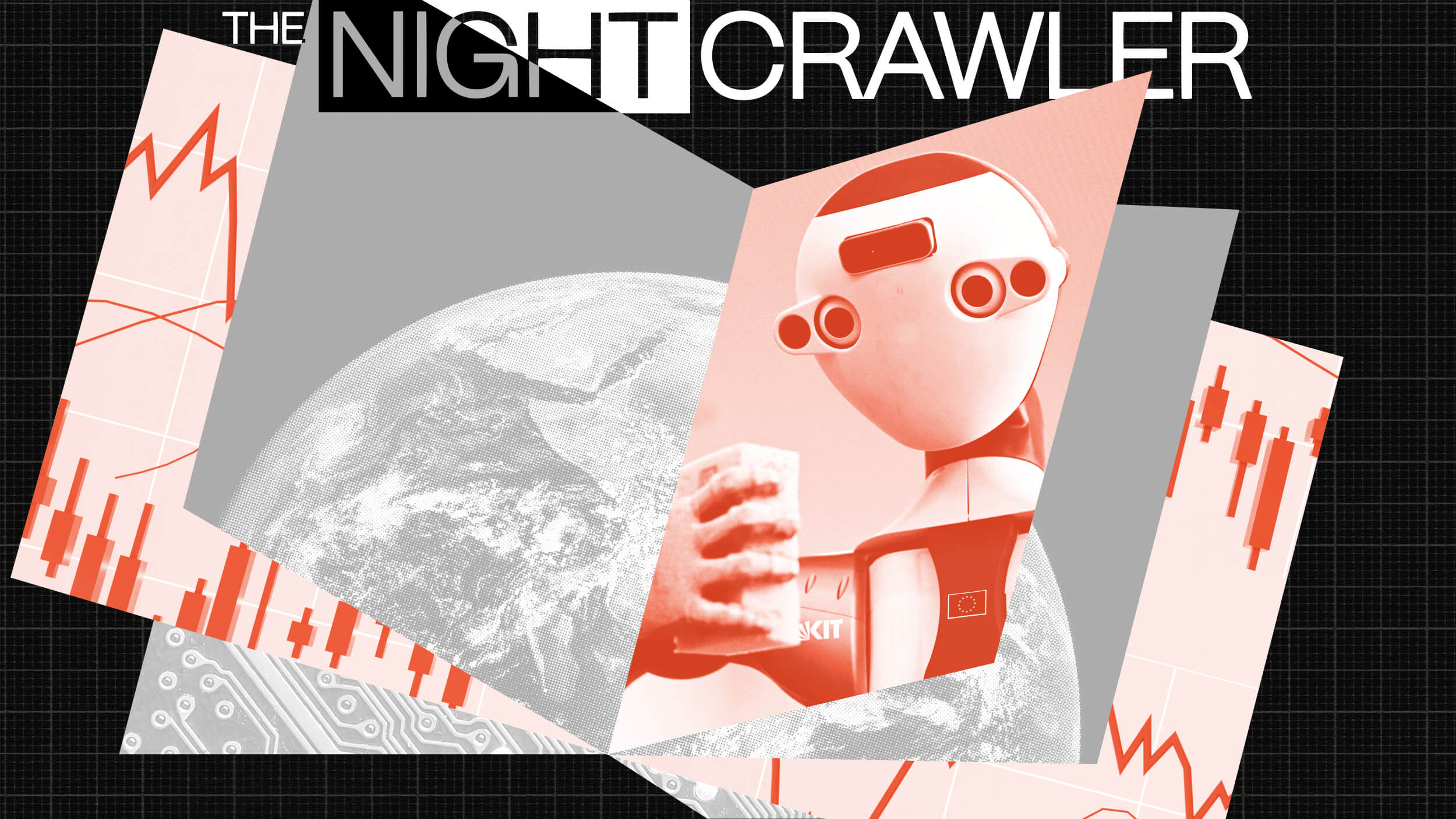Necessity may be the mother of invention, but innovators need to address problems before they become absolute necessities.
Dickson Despommier:
About a week and a half ago there was a wonderful event that took place
in New York City called the World Science Festival and it was organized
by the universities inside the city of New York, and it had about 40
venues and one of those venues was at NYU and I had the privilege of
participating in it, and the venue was called Future Cities. All right.
How do I imagine a future city? If we can’t learn how to make our lives
as comfortable as possible, and recycle, and by recycling I don’t mean
collecting old tin cans and bottles, and crushing them up and selling
them for profit. No, no. I mean behaving ecologically to the point of
conserving all of the passive transfer of energy that we have available
with minimum use off the grid, and in fact add energy back to the grid
and become a grid. Have cities become grids for energy generation. We
manufacture, we use and we discard. That’s got to change. Cradle to
cradle, not cradle to grave. That’s the deal, so I imagine that’s how
everybody can get involved. Every citizen can think of a way in which
something that we do this way today is done differently tomorrow, and I
know this day is coming because I feel it deep inside now. I have a
little saying on the side of my desk at work. I know this sounds corny,
it’s from a fortune cookie. It didn’t say “For a good time call.” It
didn’t say that. What it said was “Nothing is impossible to a willing
heart.” Now that sounds corny but to honest with you, if you don’t
believe it that this is real and that that’s actually going to change
something, there’s no way that you can get somebody involved. I have
never had a response to this program other than “My heart says this is
a damn good idea. Let’s take it further an intellectualize it, and see
where it goes.” That’s how you get involved. You don’t have to come up
with your own strategy for growing food inside the urban setting. But
it has to reuse the energy that you used to make it to begin with.
That’s all. That’s the only requirement. After that you’re on your own.
Recorded on: 6/10/08





